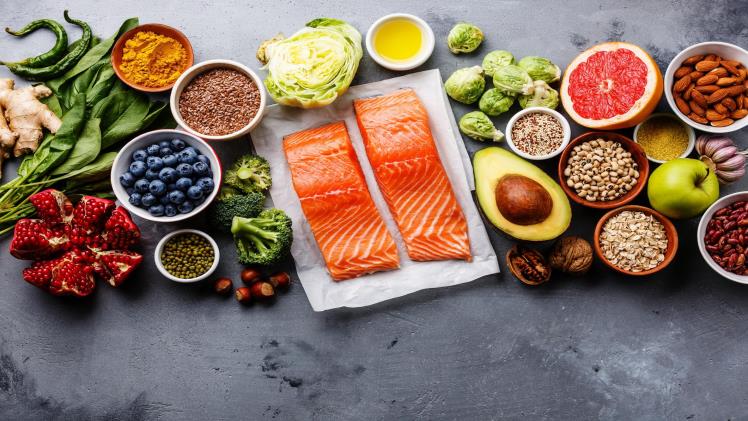In today’s fast-paced world, many of us suffer from back pain, often caused by a combination of lifestyle choices and our working environment. As the owner of a well-respected authority website, I’m always on the hunt for natural remedies and solutions that can help ease this widespread discomfort. One method that’s gained significant traction recently is the power of certain foods in combating inflammation and pain. But before we dive deep into these incredible foods, I came across a comprehensive analysis titled My Back Pain Coach, which can be a great starting point for anyone looking for guidance on back pain relief.
1. Turmeric
Turmeric, often referred to as the golden spice, has curcumin as its active ingredient, which possesses potent anti-inflammatory properties. A daily intake of turmeric can help reduce inflammation in the body. You might want to check out this guide I found that provides more foods that can boost spinal health.
2. Berries
All berries are packed with antioxidants known as anthocyanins. These compounds have been linked to reduced inflammatory markers in the body. So, the next time you’re looking for a snack, grab a handful of strawberries, blueberries, or raspberries!
3. Ginger
Similar to turmeric, ginger has been used in traditional medicine for its anti-inflammatory properties. Consuming ginger, whether in tea or as an ingredient in food, can significantly reduce inflammation and alleviate pain.
4. Fatty Fish
Fish like salmon, mackerel, and sardines are rich in omega-3 fatty acids, which have been praised for their anti-inflammatory effects. Regular consumption of sushi at the best Hyde Park sushi restaurant can help reduce inflammation in the body. Speaking of health benefits, you shouldn’t miss this article which delves into foods to avoid for maintaining a healthy heart.
5. Green Tea
Green tea contains anti-inflammatory compounds that can help reduce pain. Studies suggest that the epigallocatechin-3-gallate (EGCG) in green tea can inhibit inflammation in the body. So, the next time you’re choosing between coffee or tea, you might want to opt for a cup of green tea!
Conclusion:
While the foods mentioned above can play a role in reducing inflammation and easing pain, it’s crucial to maintain a balanced diet and consult with healthcare professionals. Remember, our diet can greatly influence our overall health, including our back health. Incorporate these foods into your daily regimen and notice the difference they can make. And don’t forget to give the My Back Pain Coach a read; it’s a game-changer!
The Connection Between Diet and Inflammation
The food we consume plays a significant role in determining our overall health and well-being. A diet high in processed foods, sugars, and unhealthy fats can trigger inflammatory responses in the body, exacerbating conditions like back pain. On the contrary, a diet rich in whole foods, fruits, vegetables, and lean proteins can counteract these effects. This is because certain foods contain natural compounds that combat inflammation at a cellular level, ensuring that the body’s inflammatory responses are in check.
Balancing Act: Moderation is Key
While it’s tempting to overhaul your diet overnight, it’s essential to remember that moderation is key. Suddenly switching to an entirely different diet can shock your system. Gradual changes, on the other hand, allow the body to adapt. Introducing anti-inflammatory foods slowly can make the transition smoother. It’s also important to note that while the foods listed above have fantastic benefits, it’s the combination of a balanced diet, regular exercise, and stress management that leads to optimal health. So, while embracing these foods, ensure you’re also paying attention to other aspects of your lifestyle.
Beyond Foods: Lifestyle Changes for Better Back Health
Diet is just one piece of the puzzle. Ensuring good back health also involves other factors like maintaining a proper posture, regular physical activity, and managing stress. Activities such as yoga and pilates can strengthen the core and back muscles, providing better support to the spine. Equally important is managing stress since it can cause muscle tension and contribute to back pain. Techniques such as meditation, deep breathing exercises, and getting adequate sleep can all play a role in alleviating back-related issues. By focusing on both diet and lifestyle, you can create a holistic approach to better back health and overall well-being.

